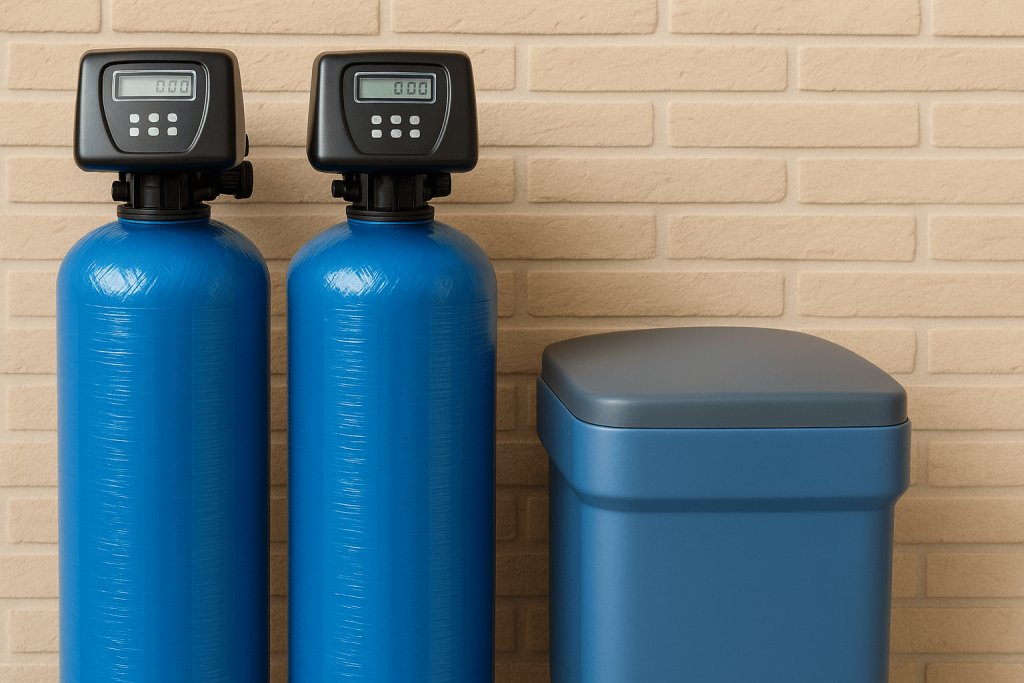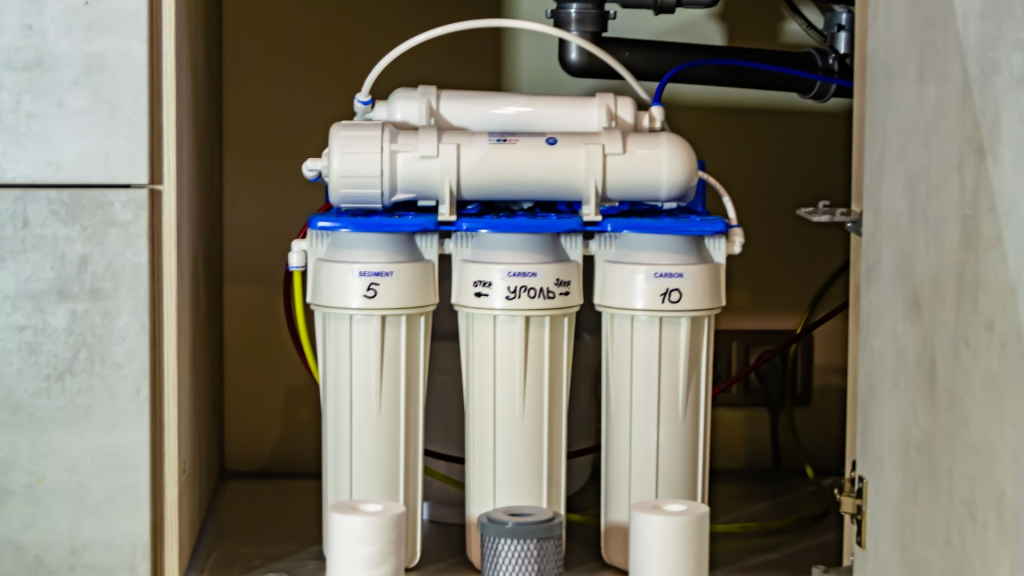Enhancing Home Value and Comfort: The Impact of Water Softeners
Hard water isn’t just a minor nuisance—it’s a problem that can lead to long-term damage to your plumbing, increased utility costs, and frustrating everyday experiences like spotty dishes and dry skin. One of the most effective ways to combat these issues is by understanding the benefits of water softeners. A water softener system removes minerals like calcium and magnesium from your water, offering a cleaner, more efficient household. But beyond convenience, did you know that installing a water softener can also enhance the value of your home? In this article, we’ll dive deep into the benefits of water softeners and why homeowners across Arizona and beyond are turning to Pristine Water Softeners for their home water needs. Understanding Hard Water and Its Effects Hard water is defined by its high mineral content, specifically calcium and magnesium. These minerals aren’t harmful to your health, but they can cause significant wear and tear on your home and your daily comfort. Common effects of hard water include: In areas like Arizona, hard water is an especially common issue due to the mineral-rich groundwater. Without a water softener system, these problems can quickly become costly and frustrating. Benefits of Installing a Water Softener Installing a water softener isn’t just a luxury—it’s a practical investment in your home’s functionality and your personal well-being. Here are some of the most impactful benefits: Extended Appliance LifespanHard water causes mineral deposits to accumulate inside appliances, forcing them to work harder. This leads to more frequent breakdowns and costly replacements. A water softener protects your appliances, extending their lifespan and saving you money. Improved Skin and Hair HealthSoft water is gentle on the skin and hair. Without excess minerals, soaps and shampoos rinse off more completely, leaving your skin smoother and your hair shinier and less brittle. Better Cleaning EfficiencyWhether it’s your laundry, dishes, or bathtub, soft water makes cleaning easier and more effective. Soap and detergents lather better, and there’s no leftover film or residue. Lower Energy BillsWhen scale builds up in water heaters, they have to use more energy to heat water. Soft water keeps systems running efficiently, which can reduce your utility bills over time. Environmental BenefitsBecause soft water reduces the need for excess detergent and cleaning products, and makes appliances more efficient, you use fewer resources. Newer systems are also designed to be salt- and water-efficient during regeneration cycles. Boosting Home Value with Water Softeners Real estate professionals agree—small upgrades that improve a home’s functionality and energy efficiency can positively influence resale value. A home water softener system is one such upgrade. Here’s why: Enhanced Buyer AppealBuyers love homes that are low-maintenance and energy-efficient. A water softener shows prospective buyers that the home has been cared for and that plumbing and appliances are protected from hard water damage. Reduced Wear and TearWith a water softener in place, everything from your faucets to your hot water heater lasts longer and works better. This reduces the chances that a buyer will request costly repairs or replacements during the inspection process. Increased Perceived ValueHomeowners often overlook the value of “invisible” upgrades. But in reality, the benefits of soft water become clear quickly to anyone who moves in. As such, many buyers see the presence of a water softener as a mark of a high-quality, well-maintained home. Water Softener Maintenance: What to Expect Maintaining your water softener system doesn’t require a lot of work, but regular upkeep is essential to ensure its effectiveness. Key maintenance tasks include: Choosing the Right Water Softener for Your Home \With many options on the market, it’s important to choose the right system for your home’s water hardness level, usage, and household size. Factors to consider: When you work with a provider like Pristine Water Softeners, you get expert help in selecting and installing a system tailored to your home’s specific needs. Frequently Asked Questions Here are answers to a few common concerns that homeowners often have before installing a system: Does soft water taste different?Softened water may taste slightly different because it has fewer minerals, but it’s safe to drink. Many homes install a reverse osmosis filter in the kitchen for drinking water. Is soft water safe for septic systems?Yes, when properly installed and maintained, modern water softeners are safe for septic systems. How long does a water softener last?With proper care, a high-quality unit can last 10–15 years or more. Make the Switch to Softer, Smarter Living Living with hard water doesn’t just make cleaning a chore—it also wears down your appliances, increases your utility bills, and diminishes your daily comfort. With a professionally installed water softener, you can protect your home, improve your skin and hair health, and even increase your property’s value. At Pristine Water Softeners, we offer top-of-the-line home water softener systems, customized installation, and expert maintenance support. Whether you’re a new homeowner or looking to upgrade, we’re here to help you enjoy the clean, soft water you deserve. Ready to transform your water and your home? Contact us today to schedule a free consultation and experience the difference of working with Arizona’s trusted water treatment experts.




